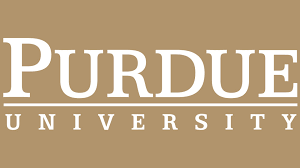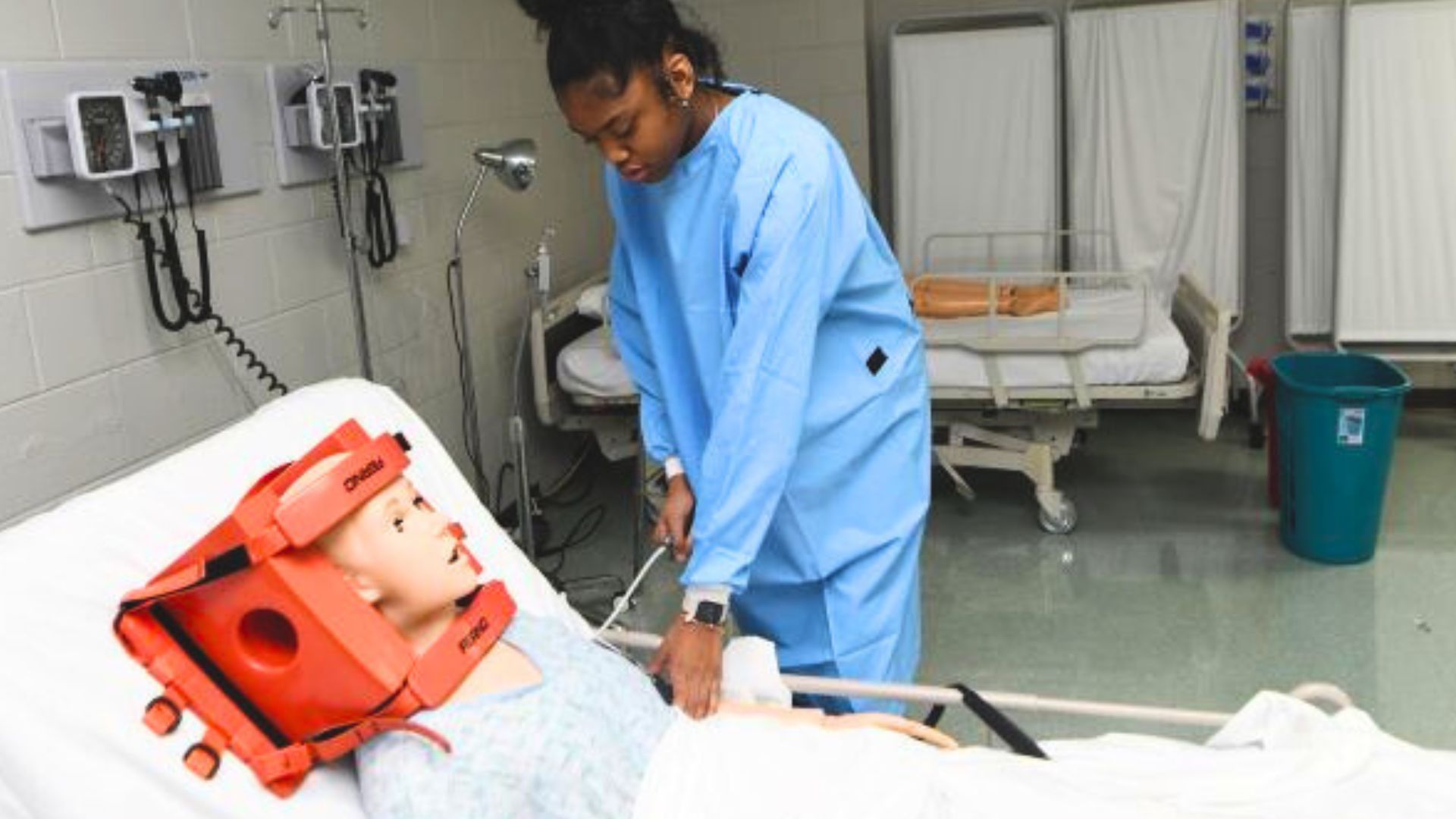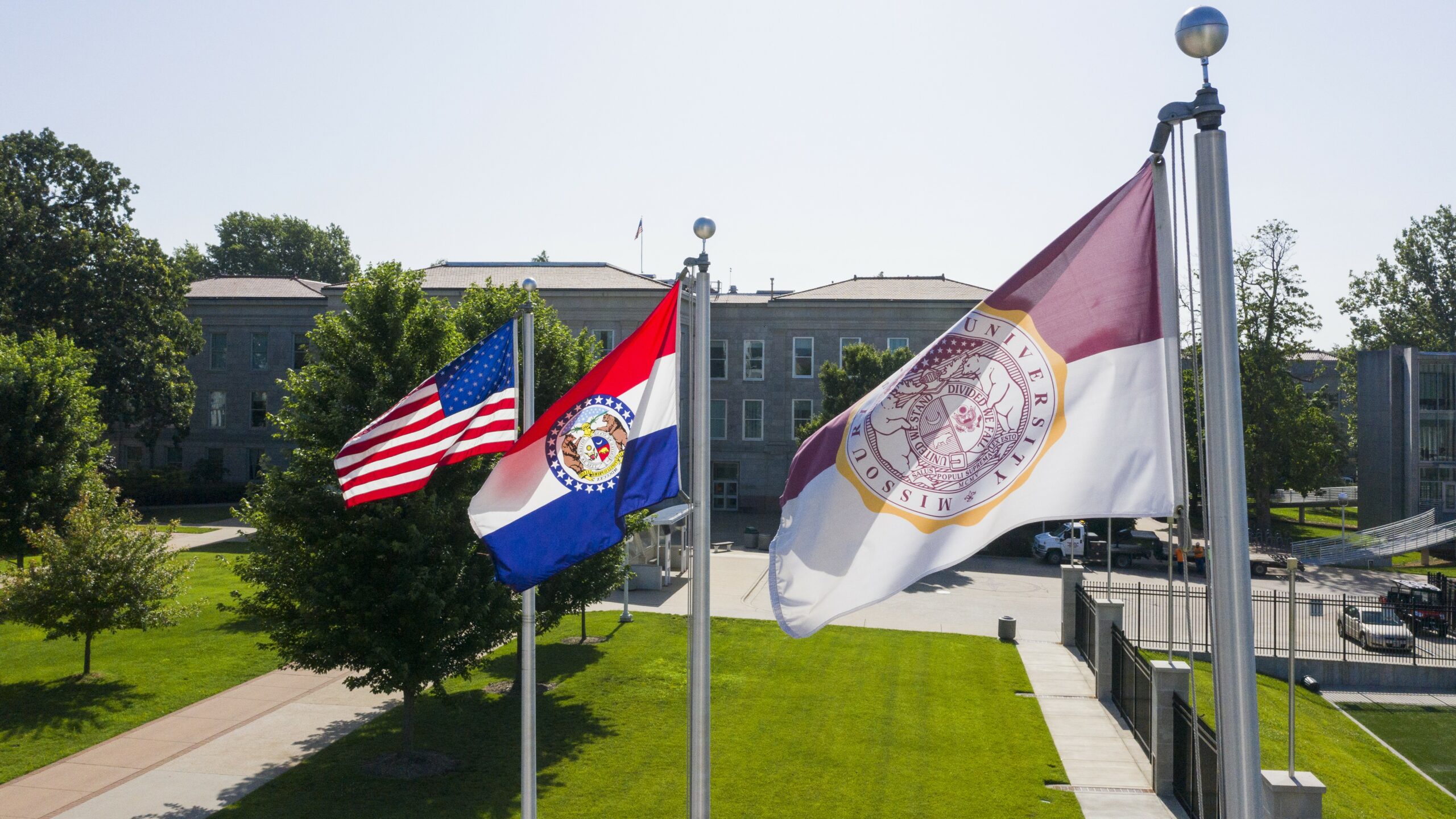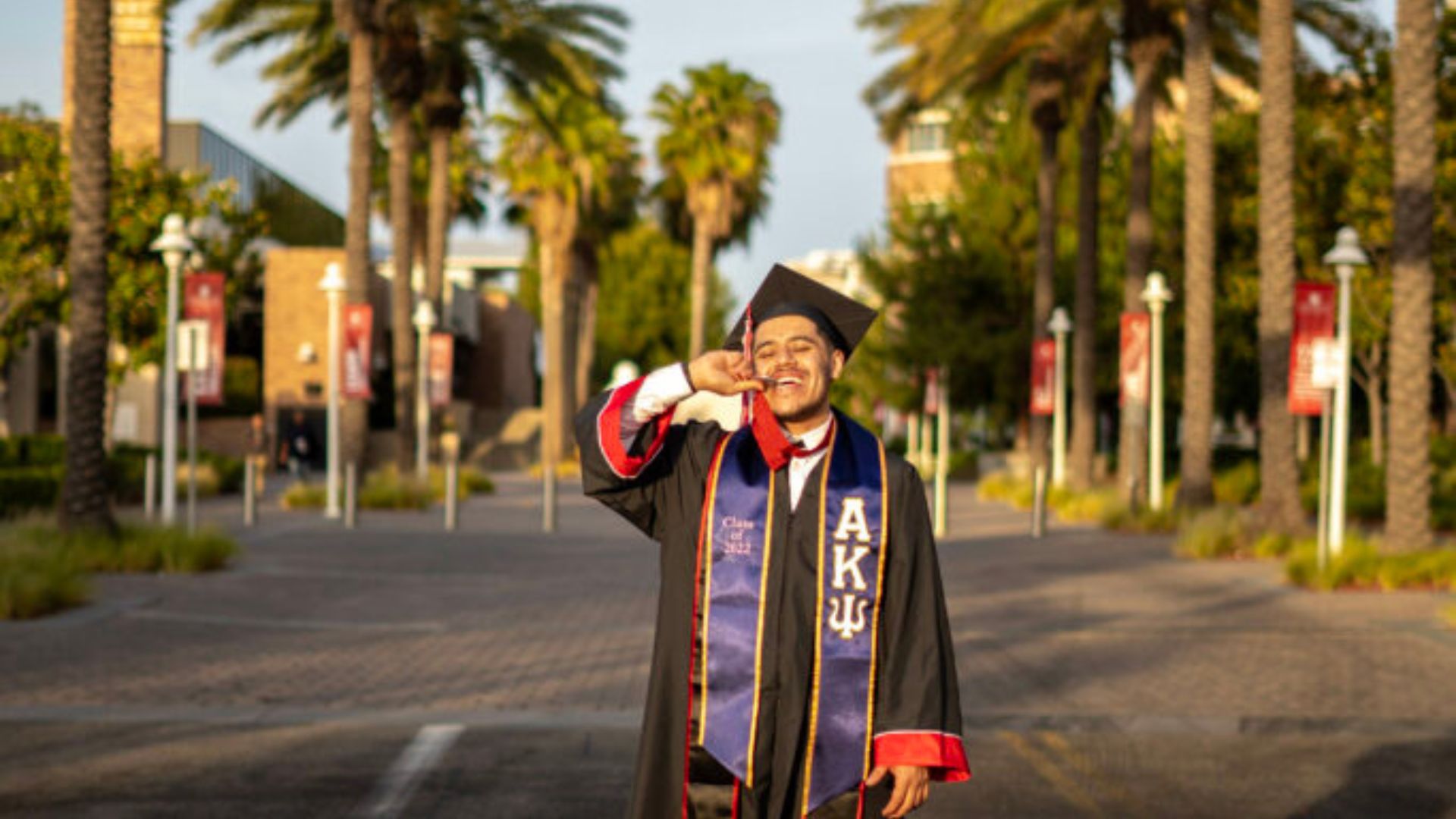Student loan debt is a monster in the United States and the numbers are staggering. There is over $1.71 trillion in loans spread out among 44.7 million borrowers. The Class of 2019 saw 69% of students taking out student loans and graduating with an average debt of nearly $30,000.
That debt can hang around for a long, long time. Many people are still paying off their student loans decades after they graduated from college. What’s more, 9.7% of student loans are in default.
Direct student loans are just one way to finance an education. Gaining traction among schools is the income shared agreement, or ISA.
How Does an ISA Work?
It offers funding from the college that is repaid based upon a fixed percentage of one’s future salary for a particular amount of time rather than accruing interest on the amount funded.

Most schools offering an ISA do so to supplement their existing financial aid options, though some alternative education programs rely on ISAs exclusively, instead of student loans.
Purdue University offers ISAs to sophomores, juniors and seniors through its Back a Boiler program. It has been in effect since the 2016-2017 school year and has awarded a little over 1,600 contracts since then. “That represents almost 1,000 unique students. And we’ve actually funded just a little over $18 million worth of ISAs,” says Mary-Claire Cartwright, vice president of income share agreements with Back a Boiler.
Cartwright tells WorkingNation that the ISAs are not meant to fund the entirety of a student’s college education, but rather are part of the financial aid toolbox.

“Most of our students—when you think about the average that they would need in a year— it’s meant to be right around $10,000 or $11,000. It’s this idea of gap funding. Students have exhausted their federal loan opportunities, grants, scholarship, and might have a parent that’s going to Parent PLUS (loans). The more closely aligned benchmark would be those that might be going to the private student loan market.”
There are lot of questions about ISAs, and Cartwright talks to us about the pros and cons.
What If I’m Not Making Any Money?
Cartwright says the benefits to students can be seen during payback, with protections against some of the downsides of a traditional student loan.
“If you lose your job, or you’re making under the income minimum, there’s no payment due, and it counts as a payment properly made. It’s not like it defers and just goes into a stasis.
“If you had some sort of a planned, step-away from the workforce—maybe you’re going to go back to school, you’re taking a step out to take care of an aging parent or a newborn baby—you don’t owe anything for that month and the contract actually goes into a pause status.
“Those are some things that when you think about that sort of built-in insurance component, if you get out of school and maybe don’t find the perfect job, midway through your career, you decide you would like to pivot to something else, these are all insurance components and the things with the ISA that we consider to be those downside protections.”
Are There Any Risks to an ISA?
“When you run the comparison tools, and you look at what the average salaries are that the career center estimates for you, if you were somebody that greatly outperformed your peers you might pay more than a peer,” says Cartwright.
“Conceivably, you might pay more than you would have with the regular student loan or a private loan, but there is a total payment cap there to protect you. If you make a lot of money, it’s not like we’re going to take 5% of the income forever, or for multiple years past the amount of the contract term.
“We try to be really student-focused. We try to be as transparent as possible. Our contracts are on the website, we have a comparison tool. We had a few students that were part of our work teams when we were spinning up the income share program. We do it for the students, and we take their regular feedback and try to incorporate it into the whole process trying to make it as easy as it can be to understand.”
Investing in Yourself, Investing in Your School

Amy Wroblewski is a first-generation college student who graduated from Purdue in 2018 and used ISAs to fund part of her college education.
“My parents weren’t sure how we were going to pay for college,” says Wroblewski, “and I didn’t want them to stress about it. I knew I was going to be taking that on.” She says she was advised not to go through a bank, so she was thinking about federal loans.
She says the interest rates on loans through Sallie Mae were too high for her and she didn’t want to be paying off the loan for 10-plus years. Her belief that should would ultimately be making a lot of money, and her desire to give back to the university, that ultimately convinced Wroblewski that ISAs were a source of financial aid that she could feel comfortable with.
“I knew instantly that this was just going to be a very smart route. You’re going to pay a loan back no matter what. But if you’re going to be having a higher paying job, it’s more beneficial in the long run to invest in yourself and invest in the college,” she tells WorkingNation.
“I like how I’m giving this money to Purdue. It’s not a third party who’s trying to make money off me. If Purdue is to make money, I would rather it go straight to the college. It just keeps funding itself because that’s how the Purdue ISA started. It’s from the alumni to Back a Boiler.
“It’s just a great philosophy in general and I just really hope more colleges provide it for students because so many students don’t know how to pay for college, or it’s very daunting because college and prices increase. This is just another option, and it’s an option on the right path.”
As the country works towards recovery, organizations are exploring innovative ways to get people the skills they need to keep up with changing workplace needs. WorkingNation is a partner with the U.S. Chamber of Commerce Foundation, The Greater Houston Partnership, and the Atlanta Federal Reserve Bank on the Talent Finance Initiative, exploring innovative ways to finance reskilling. You can get more information at USChamberFoundation.org.











